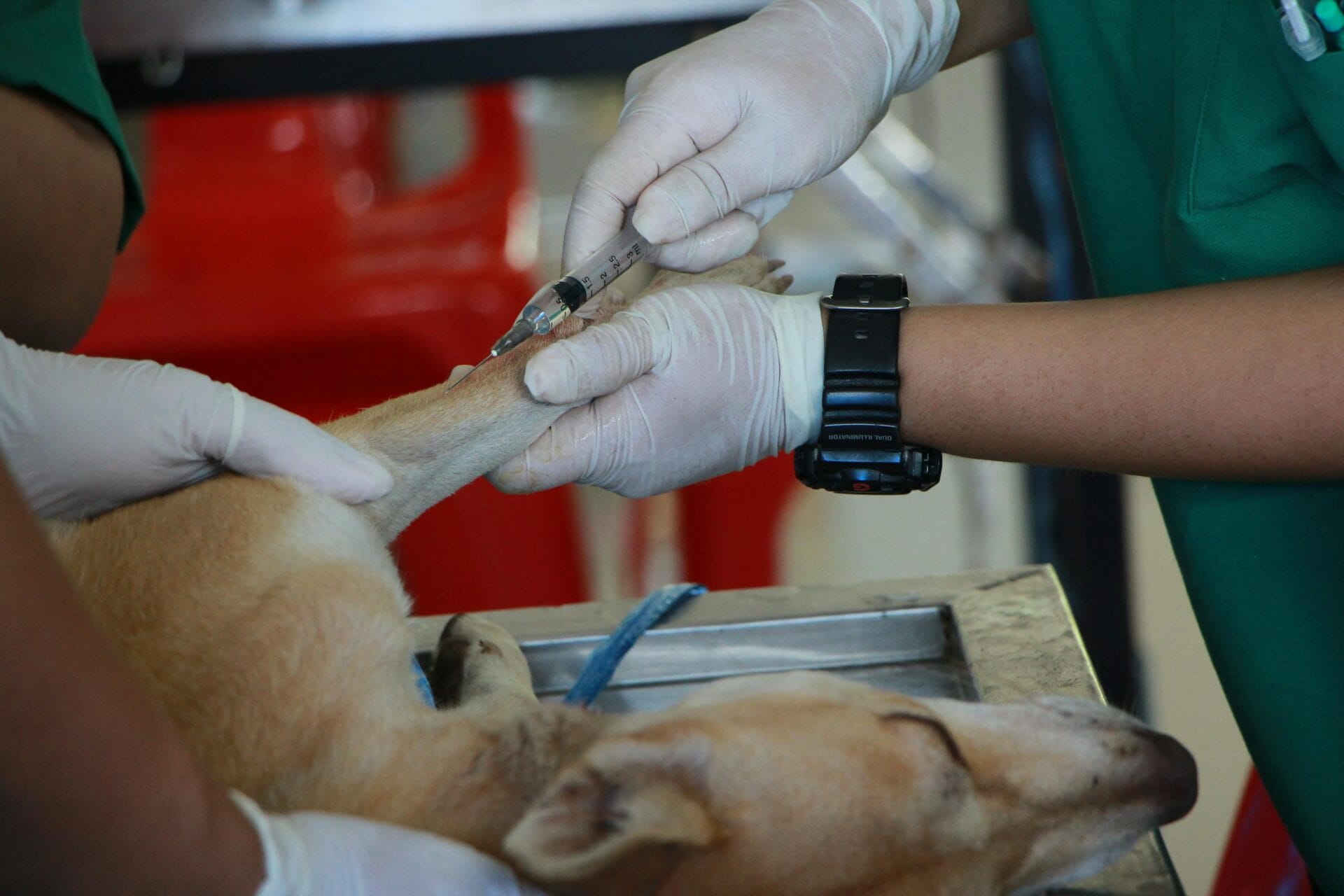Top Compliance Tips for Medical Waste Disposal in Veterinary Clinics
As a veterinary professional, you’re likely aware that medical waste disposal is critical in running a safe and compliant clinic. Compliance with medical waste regulations is essential to ensure the safety of your staff, patients, and the environment and to avoid fines.
In this article, we’ll discuss the most important tips for staying compliant with veterinary waste regulations and how you can implement proper disposal methods to maintain a safe practice.
Understand the Types of Veterinary Waste
The first step in achieving veterinary waste compliance is knowing what kind of waste your clinic generates. Veterinary clinics produce various waste, and each type requires specific handling and disposal methods.
Key categories of waste include:
- Sharps waste: Needles, syringes, and surgical instruments that can pose a risk of injury and disease transmission if not properly disposed of.
- Biohazardous waste: Materials contaminated with animal bodily fluids, such as blood-soaked bandages, gloves, and used bedding.
- Pharmaceutical waste: Expired or unused medications, including controlled substances, which require special disposal methods.
- Pathological waste: Tissues, organs, and body parts that need to be disposed of in accordance with health and safety standards.
- Chemical waste: Hazardous chemicals used in cleaning or treatment procedures that must be carefully handled to prevent harm to people and the environment.
By identifying these waste types, you can implement the appropriate disposal measures for each category. This step reduces the risk of contamination and ensures proper handling.
Follow Waste Segregation Guidelines
Proper segregation of veterinary waste is one of the most critical aspects of ensuring medical waste compliance. Separating hazardous materials from non-hazardous waste reduces the risk of exposure and contamination.
Here’s how you can do it:
- Color-coded containers: Use color-coded receptacles for different types of waste. For example, employ red bins for sharps, yellow for biohazardous materials, and blue for recyclables. This makes it easier for your staff to dispose of waste correctly.
- Sharps containers: Sharps waste should always be disposed of in puncture-resistant containers. These should be placed in every area where sharps are used, such as examination rooms and surgical areas. Properly securing sharps waste minimizes the risk of injuries and infections.
- Recycling: Whenever possible, separate recyclable materials, such as plastics and paper, from other waste. It helps reduce the amount of trash that needs to be incinerated or sent to a landfill and contributes to your clinic’s sustainability efforts.
Stay Informed About Veterinary Waste Regulations
Medical waste regulations are constantly changing. To stay compliant, you must keep updated with the latest laws for veterinary clinics. Compliance with federal, state, and local rules is essential to avoid penalties and ensure proper waste disposal practices.
Here are a few steps to stay informed:
- Follow local regulations: Different states or regions may have additional policies, so it’s important to know what applies in your area.
- Subscribe to industry updates: Industry associations and regulatory bodies often send out newsletters or updates regarding changes in waste management regulations. Stay on top of these communications to remain compliant.
- Consult with waste disposal experts: Partnering with a professional medical waste disposal company specializing in veterinary waste can help you navigate regulations and ensure compliance.
Train Your Staff on Waste Management Protocols
Regular training is essential for maintaining waste management compliance in your veterinary clinic. Ensure all staff members are educated in how to handle, segregate, and dispose of waste properly.
Key areas to include in training are:
- Waste segregation procedures: Ensure that your staff understands the importance of separating sharps, biohazardous waste, and other categories of medical waste. This reduces the chance of contamination and ensures proper disposal.
- Personal protective equipment (PPE): Educate staff on when and how to use PPE, such as gloves, gowns, and masks, when handling hazardous waste. Proper PPE use helps minimize the risk of exposure to infectious materials.
- Emergency response: Staff should be trained in the immediate steps to take, including how to contain and clean up the waste safely, in case of spills or accidents.
Work with a Certified Waste Disposal Provider
Partnering with a certified medical waste disposal company is one of the best ways to stay compliant and ensure proper waste management. Look for a company that specializes in veterinary waste and meets all regulatory requirements.
Here are key factors to consider when choosing a disposal partner:
- Certifications and compliance: Ensure that the company has the appropriate licenses and certifications to handle medical waste. They should also comply with all local, state, and federal regulations.
- Regular waste pickup: A reliable waste disposal company will offer regular, scheduled pickups to prevent waste buildup. They will also ensure the timely removal of hazardous materials.
- Emergency services: In case of a spill or other urgent disposal situation, choose a partner that offers emergency services to help you respond quickly.
By following these compliance tips, you can ensure that your veterinary clinic stays compliant with medical waste regulations while maintaining a safe and efficient practice.
Proper waste management protects your staff, patients, and the environment. By staying informed, training your employees, and working with certified professionals, you can ensure your clinic remains compliant and runs smoothly.
For more guidance on choosing the right waste disposal provider, visit Medsharps.











